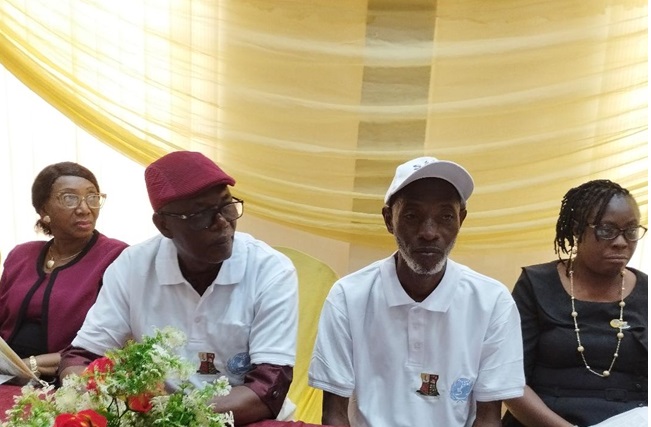UNICEF has said that Nigeria ranks third out of 163 nations where children are most at risk from climate-related risks and hazards because inadequately renovated sanitation systems degrade rapidly, forcing individuals to utilise open defecation.
UNICEF WASH manager, Jolly Ann Maulit, who disclosed at the 2024 World Toilet Day celebration by the Oyo State government in collaboration with UNICEF Lagos Field Office, said about 48 million Nigerians still practice open defecation in Nigeria, making the act incredibly high in the country.
Maulit declared that Oyo State has the highest open defecation rate in southwest Nigeria, with 5.5 million out of the projected 7.9 million people in the state lacking access to basic sanitation and critical water, sanitation, and hygiene (WASH) services lacking in most health facilities, schools, and other public places.
“Only 10 percent of the state population have access to safely managed sanitation; over 90 percent of health facilities do not have access to WASH services; about 90 percent of schools do not have WASH services; and over 80 percent of markets and motor parks do not have WASH services,” she said.
Maulit said without efficient water and sanitation equipment, budgets, and policies that are core for children’s good health, nutrition, and general well-being, preventing disease and promoting good nutrition in children will be lost efforts.
“Oyo State needs to refocus on sanitation and hygiene promotion activities to harness the gains in all areas of human development,” she added.
Oyo State Head of Service, Mrs Olubunmi Oni, represented by Adebukola Olajire-Akinwale, said the 2024 World Toilet Day celebration, “Toilet a Place of Peace,” is a reminder that access to sanitation is not just about health; it is about dignity, security, and, importantly, peace.
She added: “Every toilet represents more than just a physical structure; it represents dignity, security, and a future where peace can flourish by ensuring access to sanitation for all. We need to take a giant step towards building peaceful societies where every individual can live with respect and hope for a better tomorrow.”
Professor Elizabeth Oloruntoba from the Department of Environmental Health Sciences at the University of Ibadan said that safe sanitation is a fundamental human right, and ingrained behaviours that contribute to open defecation must be changed.
She declared that sanitation can be under threat if there is conflict, climate change, disasters, or neglect of facilities because of bad maintenance culture, urging faster action to improve and safeguard people’s access to sanitation, hence a fairer, more peaceful world.
ALSO READ TOP STORIES FROM NIGERIAN TRIBUNE
